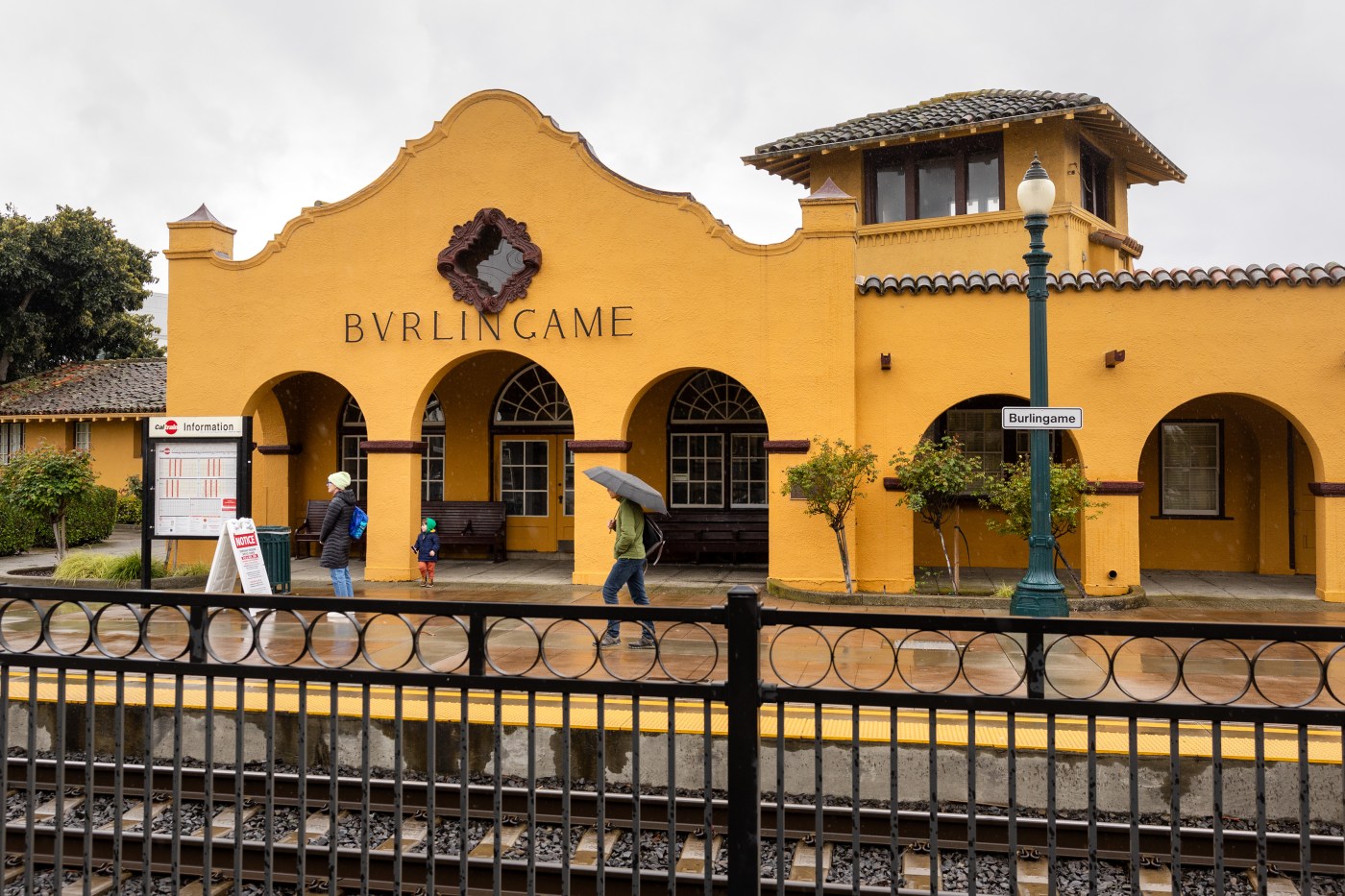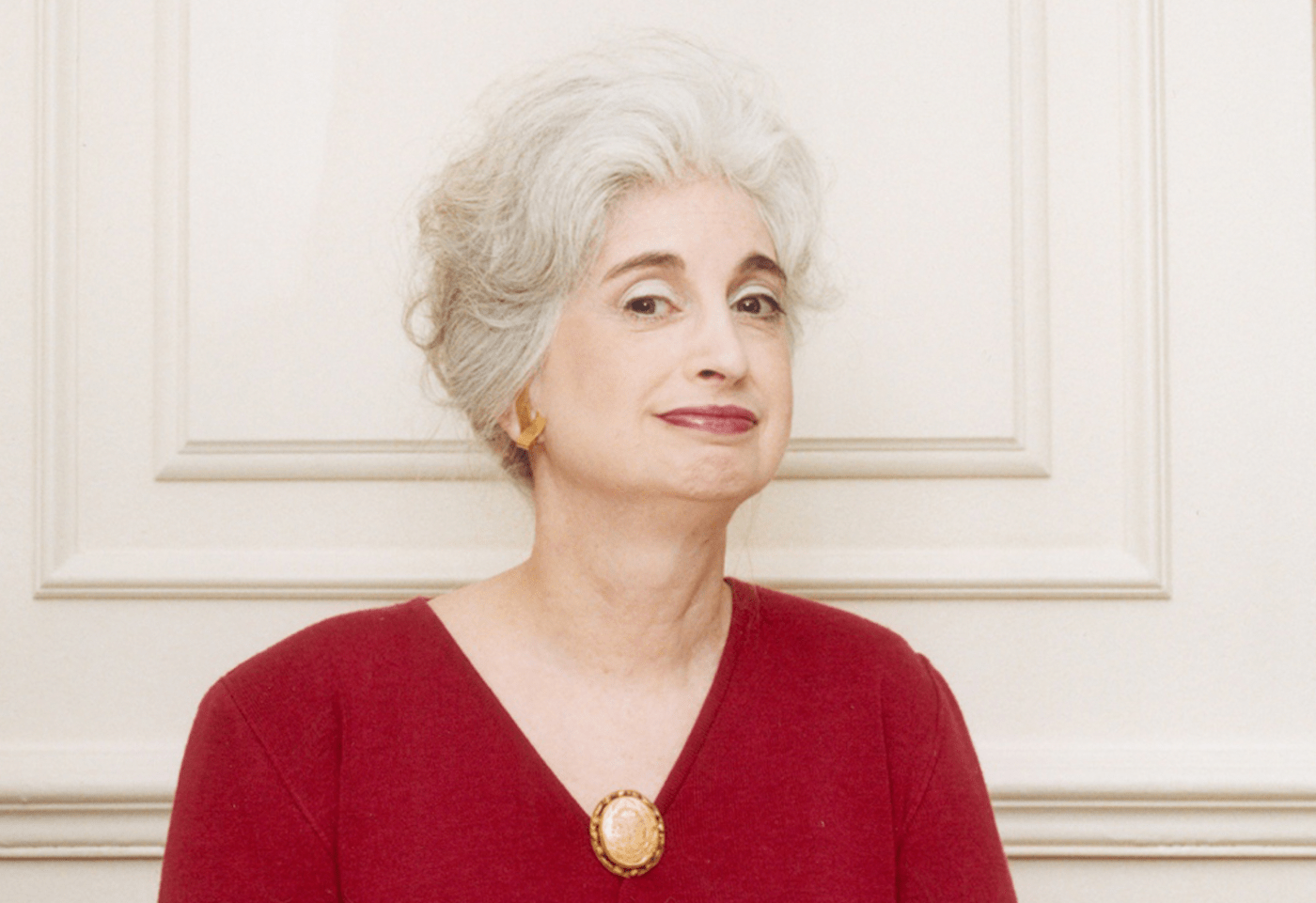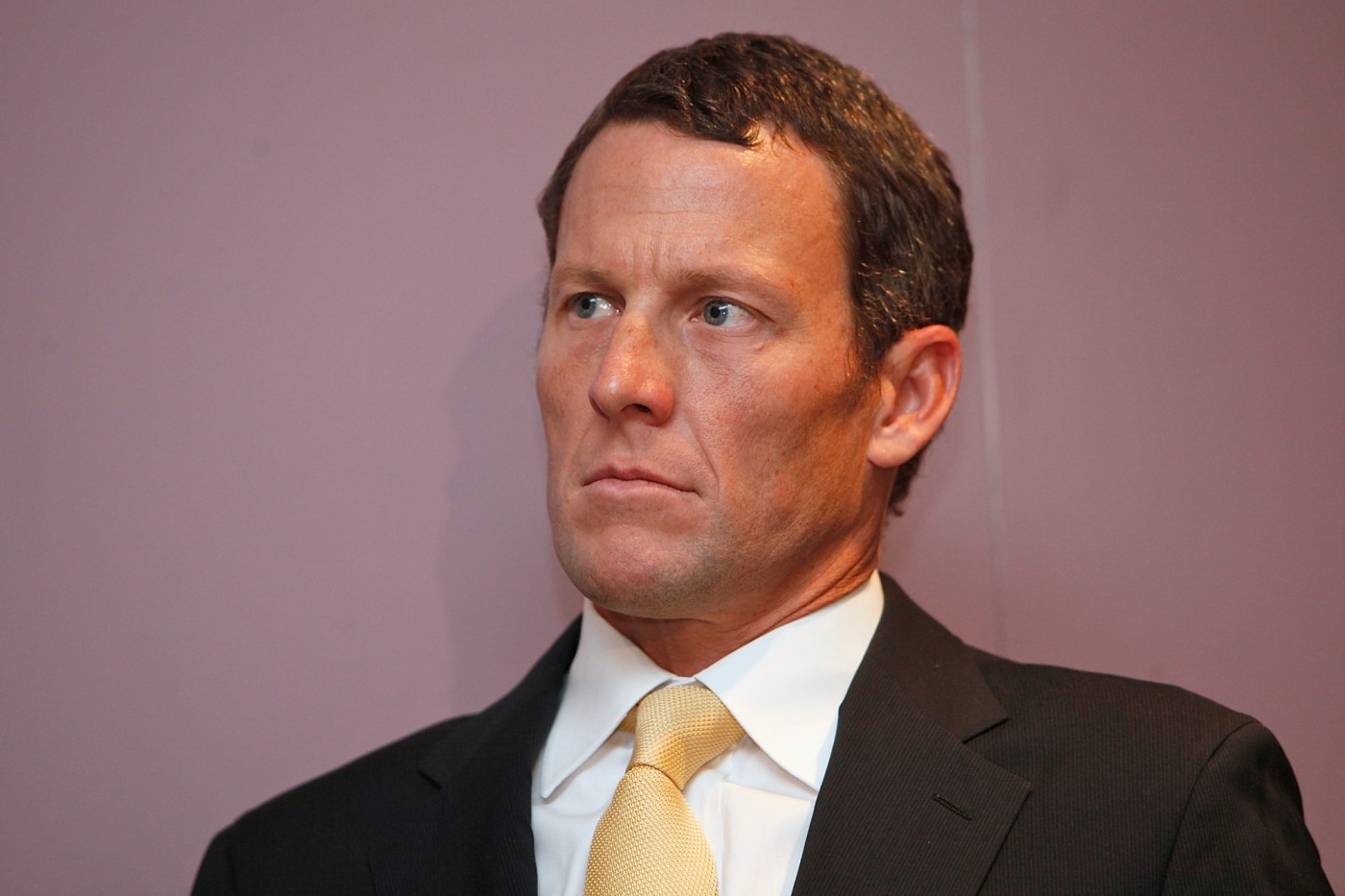REDWOOD CITY – A jury is set to decide whether a former CalTrain deputy director embezzled public funds to build a personal “crash pad” in a historic Burlingame train station, or whether his supervisor had given him permission to put the funds toward renovating the apartment and residing there while working 80-hour weeks.
Joseph Navarro has pleaded not guilty to one felony count of misappropriation of public funds for allegedly turning a section of the Burlingame train station into an apartment, complete with a bedroom, a gym and a living room, prosecutors said at the trial. After several days of testimony and closing arguments on Tuesday, the jury was set to begin its deliberations Wednesday morning.
Deputy District Attorney Joseph Cannon argued that Navarro was in charge of the public funds redirected to build the apartment, and that invoices were purposely kept under a $3,000 threshold so that they did not need further approval. Had Navarro gotten permission to construct the apartment, there would have been a proposal and a paper trail, he said. Navarro spent $38,000 on construction at the station between 2019 and 2021, Cannon said.
“This is a case about abuse of power and abuse of authority. … Mr. Navarro abused his authority as rail operations director in multiple ways, multiple times, affecting multiple people,” Cannon told the jury in his closing arguments. “His abuse of power did not just affect him.”
Cannon also argued that Navarro had instructed his co-defendant, Seth Worden, to keep the renovations quiet. Worden, who worked for Caltrain contractor TransAmerica Services, accepted a plea deal earlier this year for building an apartment in the Millbrae station.
Andrew Vandeveld, Navarro’s defense attorney, argued that Navarro had authorization to spend the funds – with a key piece of evidence being a 2019 text message between Navarro and his direct supervisor in which she asked, “How is the apartment coming at Burlingame?”
Had the supervisor not approved of the construction, she would have rebuked or punished him once she knew, Vandeveld said. She acknowledged in her testimony that she had the authority to approve this, he added.
“Asking for a status update? That’s consent,” Vandeveld said. “That’s a person in authority giving consent.”
He presented Navarro as a “dedicated railroad man” who worked 80-hour weeks and was the first to arrive on scene at railroad incidents no matter the time of day or night. He added that it was widely known that Navarro stayed overnight in his office.
“It takes a special commitment, and it takes a special sacrifice. Sacrifice of personal time, sacrifice of sleep,” Vandeveld said. “He was willing to give that sacrifice in exchange for proper operation of the railroad. He loved his job.”
The defense and prosecution also sparred over whether the investigation into Navarro had begun within the statute of limitations for an embezzlement charge – which is three years of when the crime is discovered or should have been discovered.
Cannon argued that Navarro hid the existence of the apartment from his superiors and that it was not discovered until April 1, 2022. The arrest warrant was filed on Feb. 2, 2024 – within the three years required, Cannon argued.
Related Articles
East Bay knife store owner sues police for alleged illegal searches, seizing of 300-plus weapons
Activist infamously injured by police during George Floyd protests settles lawsuit against SJ
Feds: Man pleads guilty to bombing PG&E transformers in South San Jose
Lawyers say that ICE has deported the mother of a baby and a 2-year-old who is a U.S. citizen
US judge temporarily stops west Texas immigrant deportations under Alien Enemies Act
Vandeveld argued that CalTrain did discover — or should have discovered — the apartment in 2019 because the invoices done for work at Burlingame were submitted, and the “invoices alone were enough to establish awareness for a reasonably diligent person.” He added that Navarro’s assistant had a key to the apartment sitting on her desk.
If the apartment was discovered in 2019, the statute of limitations would have expired in 2022, he added.
“This wasn’t a deep dark secret, a closed-off area, a secret chamber,” Vandeveld said. “This was information that was available.”
This is a developing report. Check back for updates.





